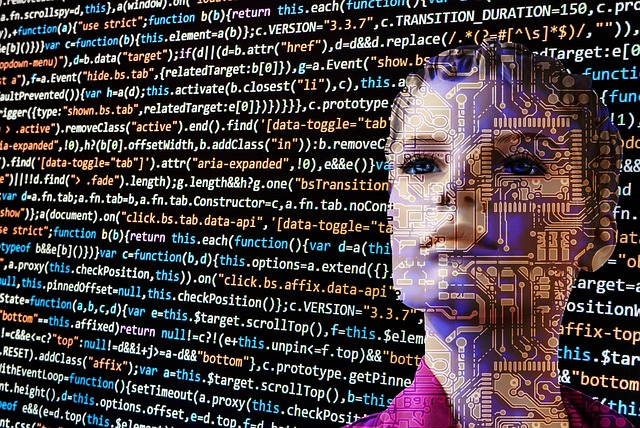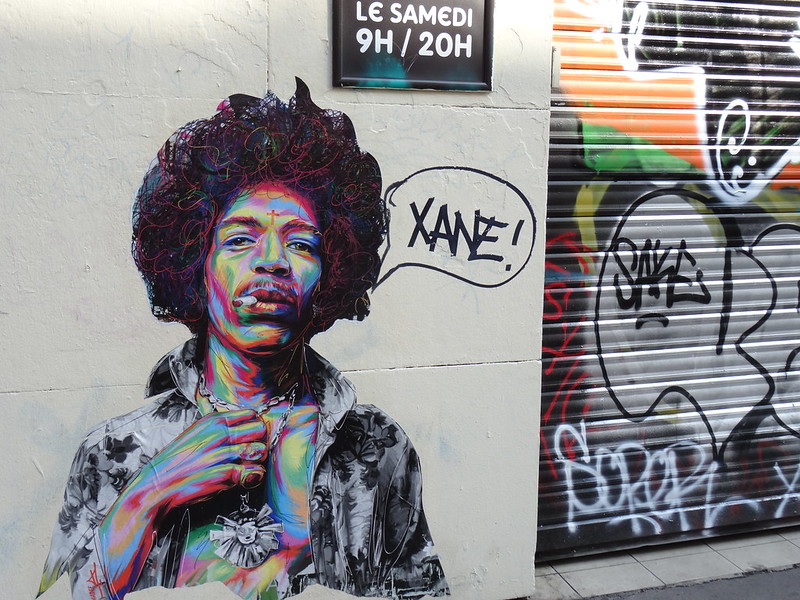The famous philosopher Nietzsche once said that without music, life would be a mistake. Music is a part of our culture, as a form of expression that can reach into our souls and unite those from different worlds. It’s also something that was once thought to be a concept intrinsically tied to the biological.
Whether it’s birds chirping, whales singing, or Pink Floyd playing, the emotional basis of music places it in the domain of the living. Artificial intelligence has challenged this notion, creating massive debate in creative communities.
So, what could this all mean for the future of music? To find out, let’s explore why AI has taken off, what it offers to the world of classic rock, and, more importantly, where the line of acceptable versus unacceptable use lies.
Generative Systems Producing New Potential
While science fiction and poor reporting have long led us to believe that AI is something akin to true human intelligence, this is far from the truth. AI refers to systems or programs that can analyse data, learn patterns, and make decisions or predictions, often mimicking advanced human reasoning. Different industries will benefit from AI in different ways, but one consistent feature is that it works much faster than humans and can save time and money.
The AI that has been shaking up the creative world is known as generative AI. This AI is given millions of pieces of media, which are given context by humans, so the computer can recognise intricate patterns in the data. It can then synthesise new data based on these learned patterns, often with startling results. The community showcase for the Midjourney art AI demonstrates one of the more popular forms of this technology. AI isn’t limited to just visual art, either. It’s also applied in fields like music, programming, and language-based tasks like copywriting.
The Accepted Use of AI
The work of AI is best accepted when it’s used to help with repetitive or simple tasks that don’t undermine the human creative process. A great example could be tasks that require data analysis and delivery with human input to create an end product. Such a hybrid form of adoption would save time while not undercutting the work performed by the human part of the equation.
A direct example could come from creative projects like web design. This website that compares the best online slots UK websites doesn’t use AI, but it is a prime example of an area where future AI could be implemented. Future AI could collect the data-driven aspects from featured websites like Pub Casino and BetMGM, such as featured slots games and bonuses, and quickly deliver that data for humans to work with. From here, people would provide their personal verdict and design the page with AI-collected information, vastly reducing the amount of time spent manually searching and thus reducing overhead.
In music, AI like this could collect information on current trends and popular artists, even breaking down the key components shared by current top-40 hits. The hybrid approach would then guide musicians into creating their own tracks, helping maximise the odds of breakout success thanks to their AI companions.

Where AI Becomes Contentious
The issue of contentious AI use often arises when considering originality and building projects directly, while humans provide minimal input. Malcolm Bruce on Heavenly Cream touched upon this idea, where concepts of identity and humanity are being challenged through machine interference. Rather than a hybrid approach, this is more like letting AI do all the work while people collect the rewards.
The issue here stems from how musical AI is trained. Generative AI is not truly capable of being creative from nothing, instead, it’s essentially quantifying the work of others, and taking the parts it needs to create something ‘original’. AI knows every rock band ever, and it’s this foundation that it builds its abilities.
This raises the question of how humans learn and how we implement our musical knowledge and practice. Every musician is influenced by others, and it’s entirely possible to accidentally copy small portions of other songs without knowing it. The difference is that humans also fill the gaps with imagination, as our minds are constantly seeking out modifications based on our lives and experiences. AI, without emotion or greater context, cannot operate in the same way.
Another potential issue comes from entirely fake tracks generated by AI. A faked track from Drake and The Weeknd already showed how this was possible, going viral before being taken down for rights complaints. We might be a little biased in believing it would be harder to fake Hendrix than these artists, but the core issue remains.
Rights are complicated in music, and they don’t always end up in good hands. It could be possible for an artist who died years ago to have new tracks released by generative AI, legally, harming their legacy to earn record companies millions. Though it would be frowned upon today, as AI becomes more widespread and tolerated, acceptance of such an approach might one day change.

Like any tool, the morality of AI lies in the hands of those who wield it. As a simple aid and tool in a hybrid approach, it can be an entirely acceptable and worthwhile system to lower barriers to entry and create a more varied world. In the wrong hands, AI can be a dangerous weapon that undercuts the spirit that rock music represents. The coming years of standardisation and regulation will be massively important to the musical world, to what we can only hope will be a positive end.




